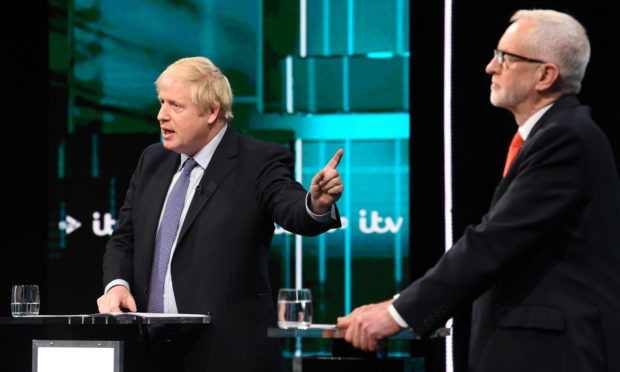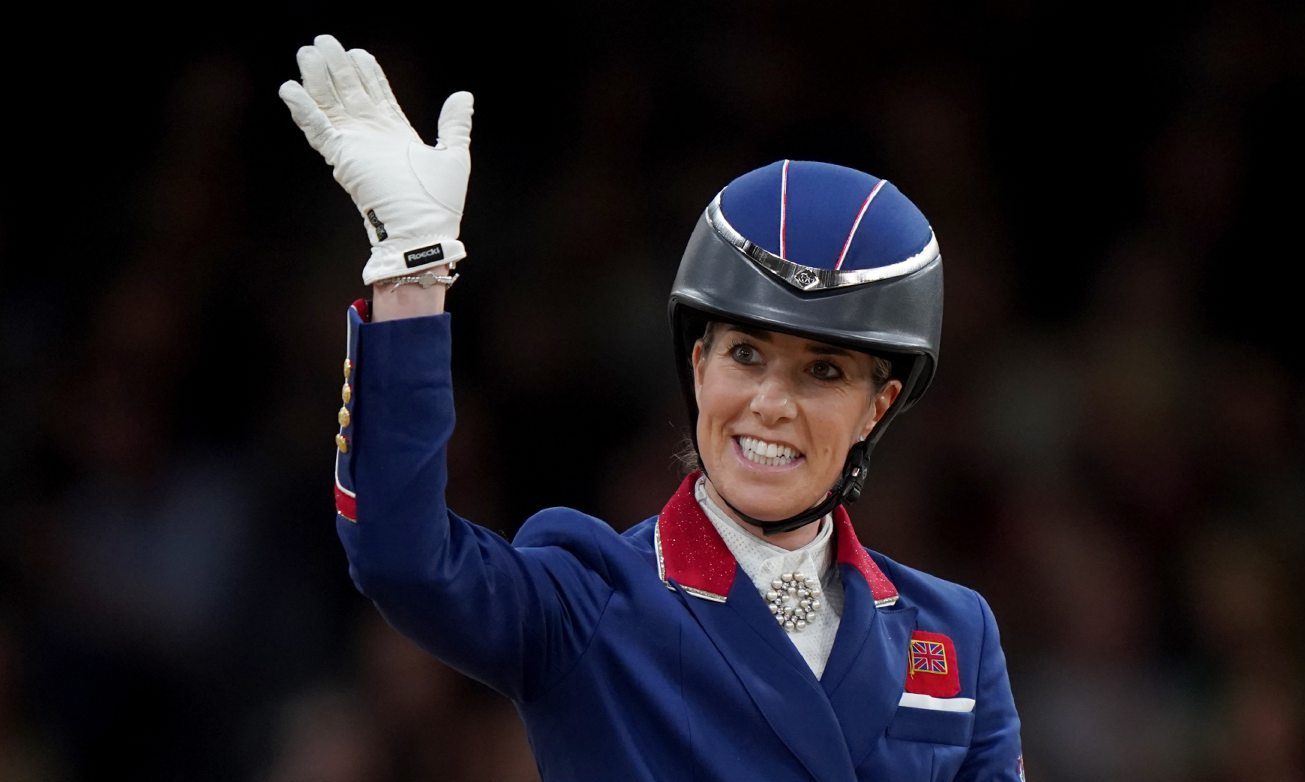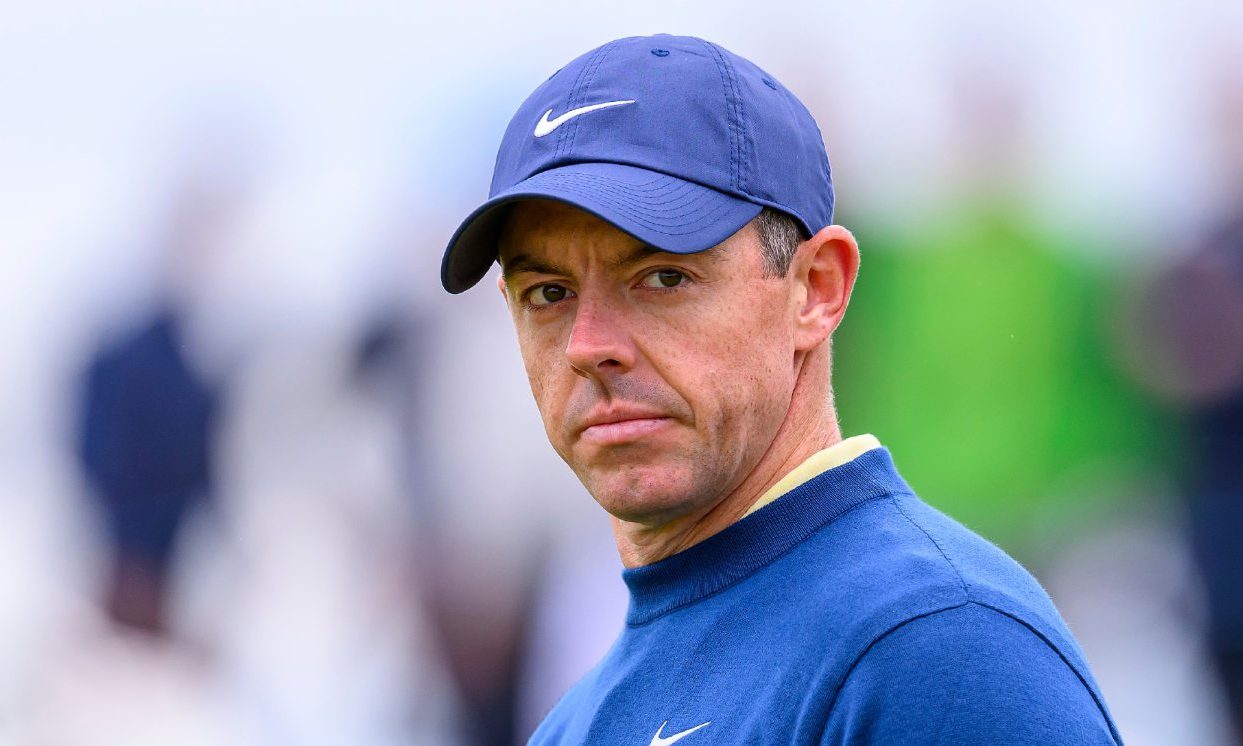God help the poor, as this election won’t.
The parade of big egos and grand ideas will do nothing to feed the hungry, educate the young or help the sick.
The very people who rely most on the state will be wooed before voting, abandoned later.
The campaign appears to be about Brexit, and then Indyref2.
It pretends to be about big money and better futures.
In truth it is about the slow death of the welfare state.
For 10 years it has been starved of funds. The results are schools without teachers, services run to threadbare.
Rather than address this tragedy, our politicians offer big constitutional change.
The implication is that the NHS, schools and services will keep on running no matter, but what we need is “change”. A change that carries with it a jeopardy to the very things we love.
Polling evidence shows Brits like the social model of Britain.
Ask voters what they want and it boils down to the continuation and improvement of what we’ve got.
It always does, and has done so since the mid 20th century.
The global evidence is also clear – when social models like ours are properly invested in, such as France, Germany or the Scandinavian countries, they work exceptionally well.
Our model works, and it works for those it was intended for.
Not the super rich, or the entitled middle class, but the majority of the population who need state structures to achieve their own ambitions.
And yet it is as if we got bored with the answer, so we just started asking random questions.
What if we leave the EU, what if we cut the budgets to the bone, what if we help bankers but don’t help the homeless?
Our politics have become the inchoate ramblings of a nihilist – what if, what if?
What if we recognised our success at building a caring state and gave it the money it needs?
What if democratic politics and government were actually quite boring, almost managerial, and citizens were free to enjoy the blessings of the organised, caring state?
What if politicians with grand ideas were obliged to explain the economic impact honestly?
“I warn you not to be ordinary,
I warn you not to be young,
I warn you not to fall ill,
I warn you not to grow old.”
Neil Kinnock speaking in Bridgend before the 1983 general election.
Labour had a chance to beat Thatcher who was proving unpopular.
What turned that election was the Falklands war – a grand geo-political gesture that made the nation feel good about itself (Labour self-destructed).
But did the Falklands help the poor, the day after the vote? No.
And will Brexit help the poor? No.
Brexit comes with the guarantee that the economy will shrink in the short to medium term. Voting for Brexit is to damage the caring state.
Should it eventually lead to a richer state, as Brexiteers hope, then will the benefit come to the poor? No.
In this, the SNP have nowhere to run.
It is unforgivable of Nicola Sturgeon to say in Dundee yesterday: “The truth is Westminster is going to be engulfed by Brexit chaos for years to come – with long-term damage to Scotland guaranteed.
“And at this election it has become clear that Westminster control means multiple threats to our NHS and to public services in Scotland.
“A vote for the SNP is a vote to escape Brexit. And to escape these threats to our public services.”
Politically true, according to your bias, but it’s a nasty, cynical lie in the real world.
Brexit will mean economic damage, which may affect spending, but so will independence, and we know this because Nicola Sturgeon told us so.
Ten years of spending cuts are promised in her party’s Growth Commission.
In a democracy not skewed by big constitutional questions, Sturgeon would be shamed for lying to the working class by implying that Indy was not an equal danger to the NHS as Brexit.
Just the working class?
Yes, because they’ll have to pay for the bull***t when the campaigning is done.
If that’s what the SNP has become, a party of lies, then it has no right to lead us into great change.
It is merely a promise on a bus short of becoming Boris’s Brexit Tories.
The super rich may rely on social order to grant them safe passage in the future, but they’ll cope if there are spending cuts.
The middle classes will soldier through, protected by property.
But the excluded, the poor, the ill-educated and the ill will suffer.
God help the poor, God help us all.




